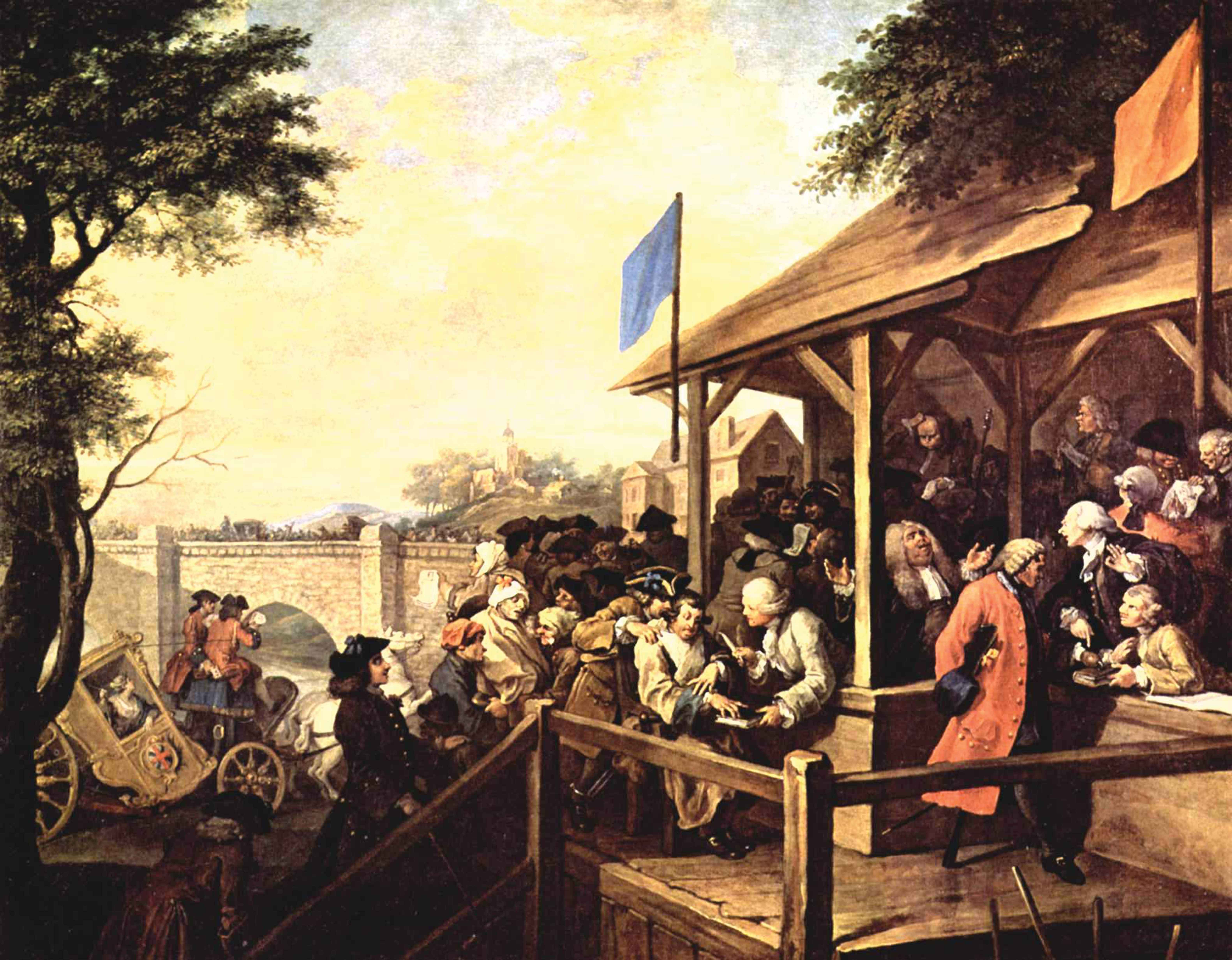
May 16, 2013, by Zoë Goodwin
David Cameron’s Parliament to set rebellious record
A recent end-of-session report from the University of Nottingham has found that the current Parliament is on course to becoming the most rebellious Parliament since 1945.
The research for this report, Cambo Chained or Dissension Amongst the Coalition’s Parliamentary Parties, 2012-2013: A Data Handbook, was led by Professor of Parliamentary Government Philip Cowley and Research Fellow Mark Stuart of the University’s School of Politics and International Relations. For the report they investigated the levels of discord among the Coalition backbenchers in the 2012-2013 session, as well as pinpointing the most rebellious MPs in the Coalition.
So far during Parliament 185 Coalition MPs have voted against their whip, whose purpose it is to enforce discipline within their party. The majority of these rebels were Conservatives, but the Lib Dems have also demonstrated significant opposition – aside from ministers or parliamentary private secretaries, not a single Lib Dem MP who has been on the backbenches during this session has remained loyal to their party whip. Conservatives took the top nine spots of the Coalition rebels, led by Kettering MP Philip Hollobone for the second year in a row, who has voted against his whip 129 times since the 2010 election.
Numerous issues have sparked these rebellions during divisions in the last session, including issues such as Europe, House of Lords reform, child benefit and housing benefit, the succession to the Crown and planning regulation. Despite all this there have still been fewer rebellions against whips than last year, and there has been a notable decline in the rate of rebellions, having decreased from 44% to 27%. This drop is largely thanks to the scrapping of proposed reforms to the House of Lords, which would have led to even greater uproar.
Professor Cowley emphasised that despite this decline backbench dissent is still very high and is expected to be the highest in the postwar period, which spells trouble for the Government. Although they still win most votes easily in the face of these revolts, it is becoming more common for votes to be a close run thing, and may become even more so should this dissent persist.
Read more
You can download Professor Cowley and Mark Stuart’s full report at the School of Politics and International Relations site, Ballots and Bullets.
You can also visit http://www.revolts.co.uk/ for more of Professor Cowley and Mark Stuart’s work.
No comments yet, fill out a comment to be the first

Leave a Reply